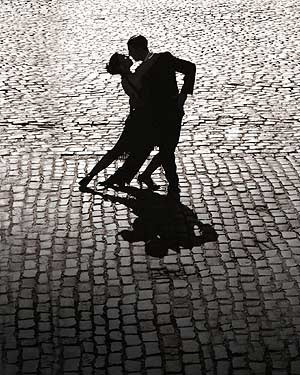Tango and football in the construction of Argentinian masculinities

Archetti, Eduardo P. “Multiple Masculinities. The Worlds of Tango and Football in Argentina” in Sex and sexuality in Latin America Edited by Guy Balderston and Donna J. Guy (eds.) New York and London: New York University Press, 1997.
Archetti considers tango lyrics and football fans chants as texts, and analyzes them as sites for the construction of masculinities in Argentina. He emphasizes that masculinities are multiple, heterogeneous and compete with each other. Lyrics in tango songs present a symbolic gendered world at odds with the traditional familiar order. The narrator is always a young man, nostalgic of the past, that aches to find romantic love, which is determined by women's individual choice rather than duty. Masculinity relies on the ability to obtain romantic love from a woman, rather than subordination and domination.
In the world of football chants, an exclusively male symbolic space, masculinity is a sign of victory. Fans from opposite teams point at each others as non-masculine to signify defeat. The opponents are reduced in these texts as either children with no autonomy (and the victors as fathers) or as homosexuals who are penetrated by the victors (whose masculinity not only remains untouched but it is further asserted).


"He emphasizes that masculinities are multiple, heterogeneous and compete with each other."
ReplyDeleteThis seems to be an important idea, and worth expanding. Do you agree? What are examples of such multiple, conflicting masculinities? Is the masculinity promoted by tango then, say, more "feminine" than the masculinity of the football terrace? (Not sure I buy that, but it's worth investigating...)